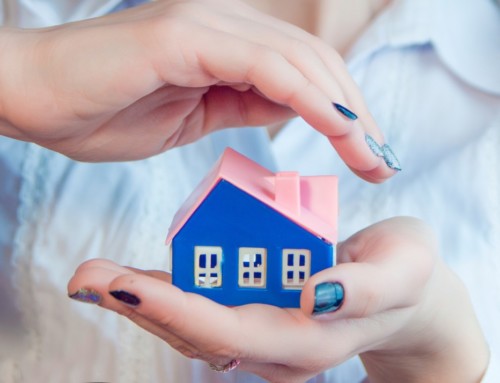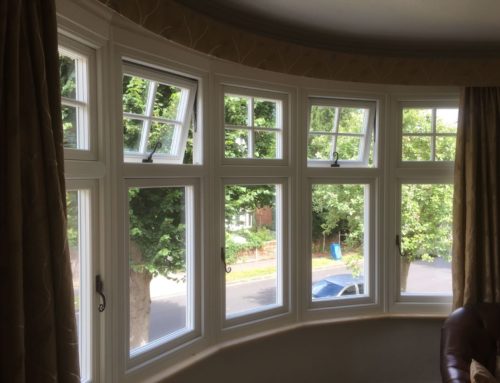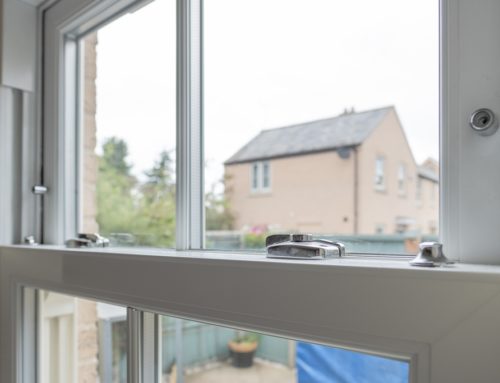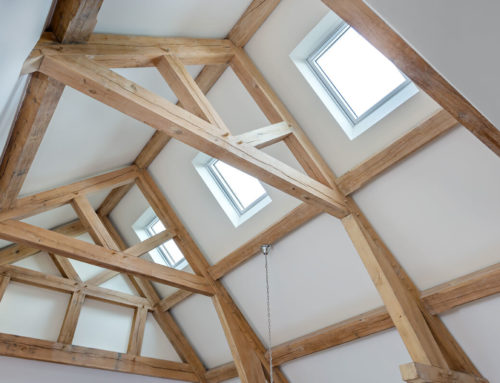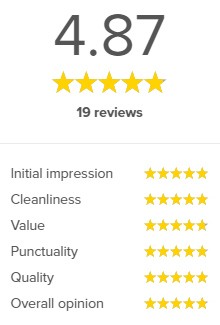
Does self-cleaning glass really work?
Self-cleaning glass does exactly what it says on the tin – it keeps itself clean! Basically, it is like normal glazing, except that is has a special film on the outside of the glass that stops dirt and grime from building up, meaning your windows look as shiny as possible at all times. It doesn’t mean that your windows won’t ever need to be washed again (the film isn’t able to get rid of stubborn dirt or bird droppings, for example); it does mean, though, that your windows won’t suffer from a build-up of everyday grime. So, if you’re thinking of investing in self-cleaning glass for your property’s windows, here’s everything you need to know.
How does it work?
The film on self-cleaning glass can either be hydrophobic or hydrophilic. Both types prevent the water from forming droplets on the glass. The hydrophobic film does this by repelling rainwater, while the hydrophilic film attracts water and prompts it to spread out into a thin layer on the glass. The coating is activated by ultraviolet rays from the sun, which breaks down any organic dirt. Then, when it rains, the water carries this loosened dirt away. The film dries very quickly so that the windows are not left with unsightly streaks or smears.
Where can self-cleaning glass be used?
There’s really no limit on where self-cleaning glass can be fitted. The technology is so discreet that it can essentially stand in for normal glazing in all types of windows. It is particularly useful, though, in hard-to-reach windows that are difficult to clean, such as skylights, conservatory roofs or dormer windows. Rather than spending hours trying to awkwardly wash windows with restricted access, or paying for a window cleaner to do this for you, self-cleaning glass ensures that your windows stay looking beautiful with as little maintenance as possible.
Maintaining self-cleaning glass
Self-cleaning glass isn’t completely maintenance-free, though it certainly does a lot of the work itself. There are some substances and types of dirt that it won’t be able to wash away. Say you were painting your window frames, for example, and you accidentally spilt paint on the glass – you would need to physically clean the windows to get rid of this. On that note, it’s important to take care when cleaning self-cleaning glass, as the coating is very thin (about 15 nanometres) and can be easily scratched. Ideally, your windows will be cleaned with non-abrasive materials and pure water, rather than any harsh chemicals.
So, there you have it: everything you need to know about self-cleaning glass. Here at Hamilton Windows, we can help you choose the best type of glass for your windows in Surrey, Battersea, Wandsworth or a surrounding area – whether that’s standard glazing, or self-cleaning, shatterproof or frosted glass. Contact us today to find out more.

